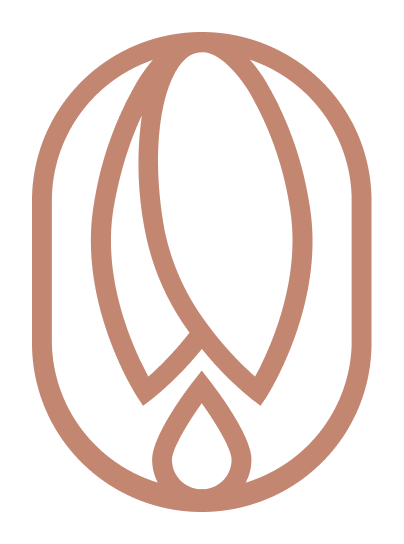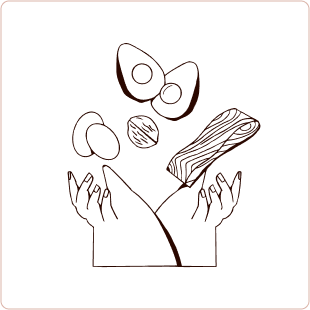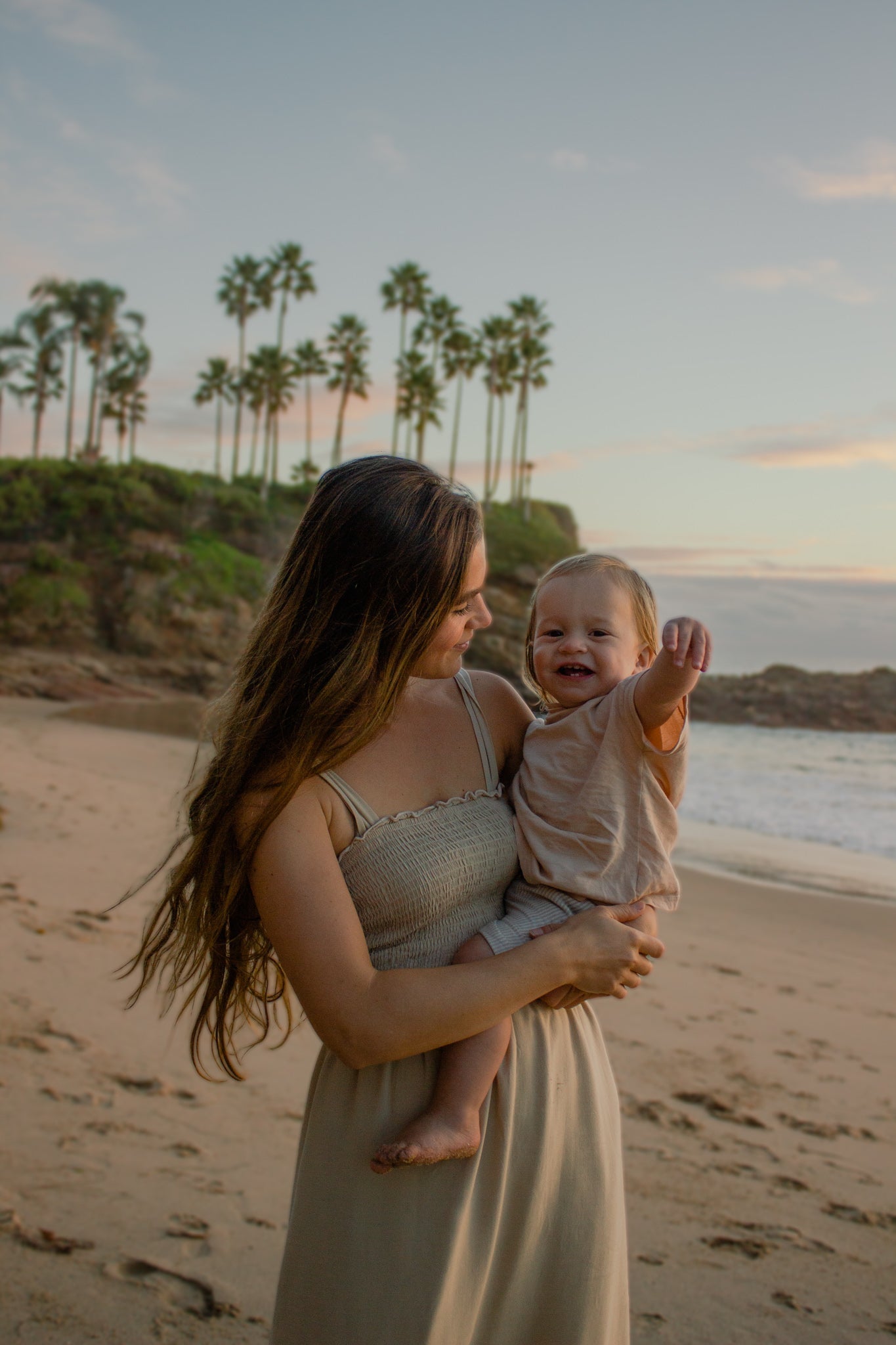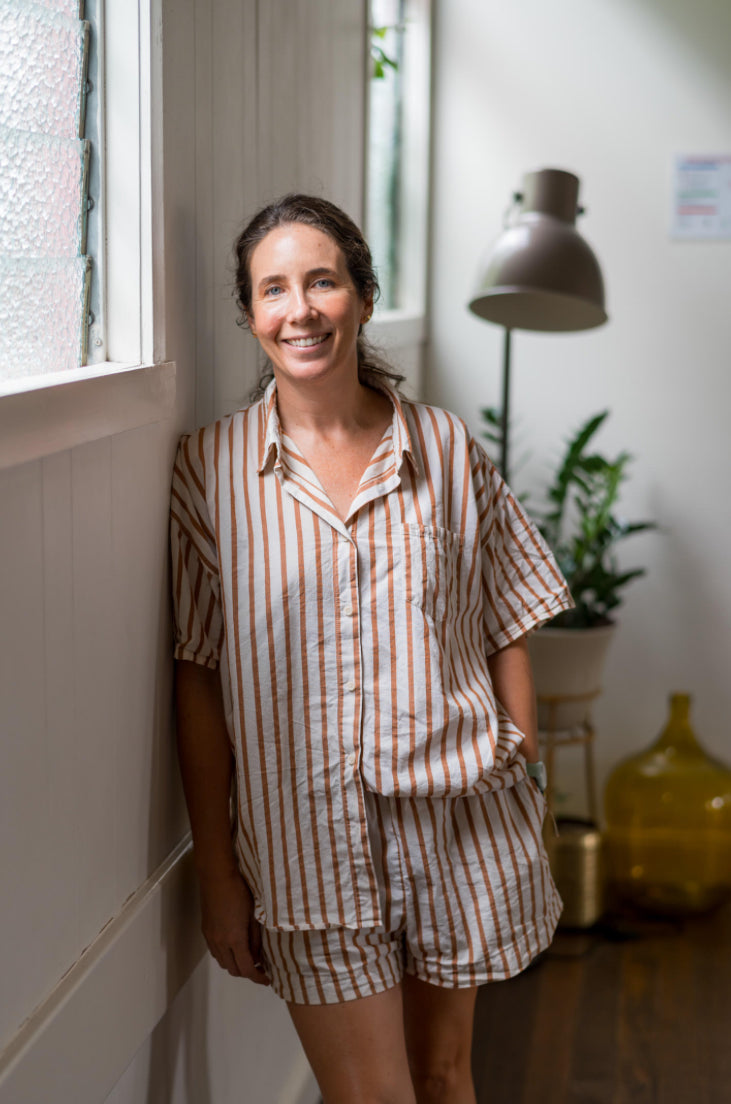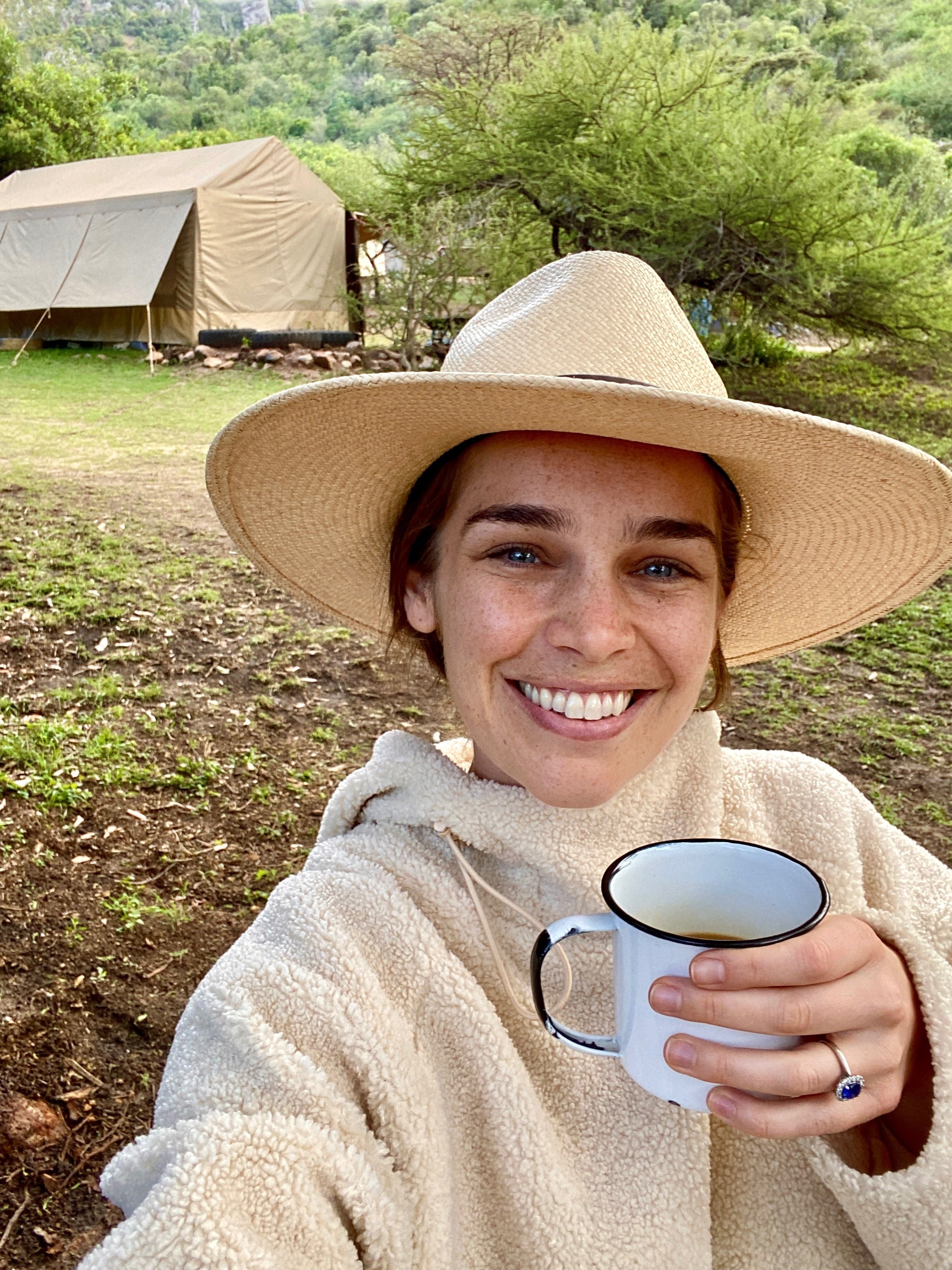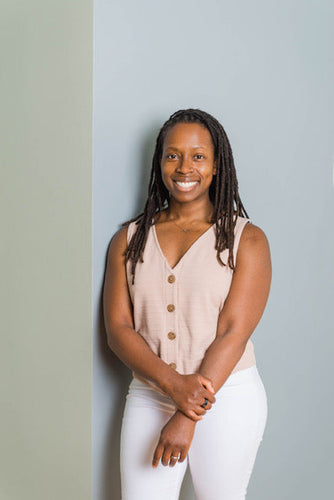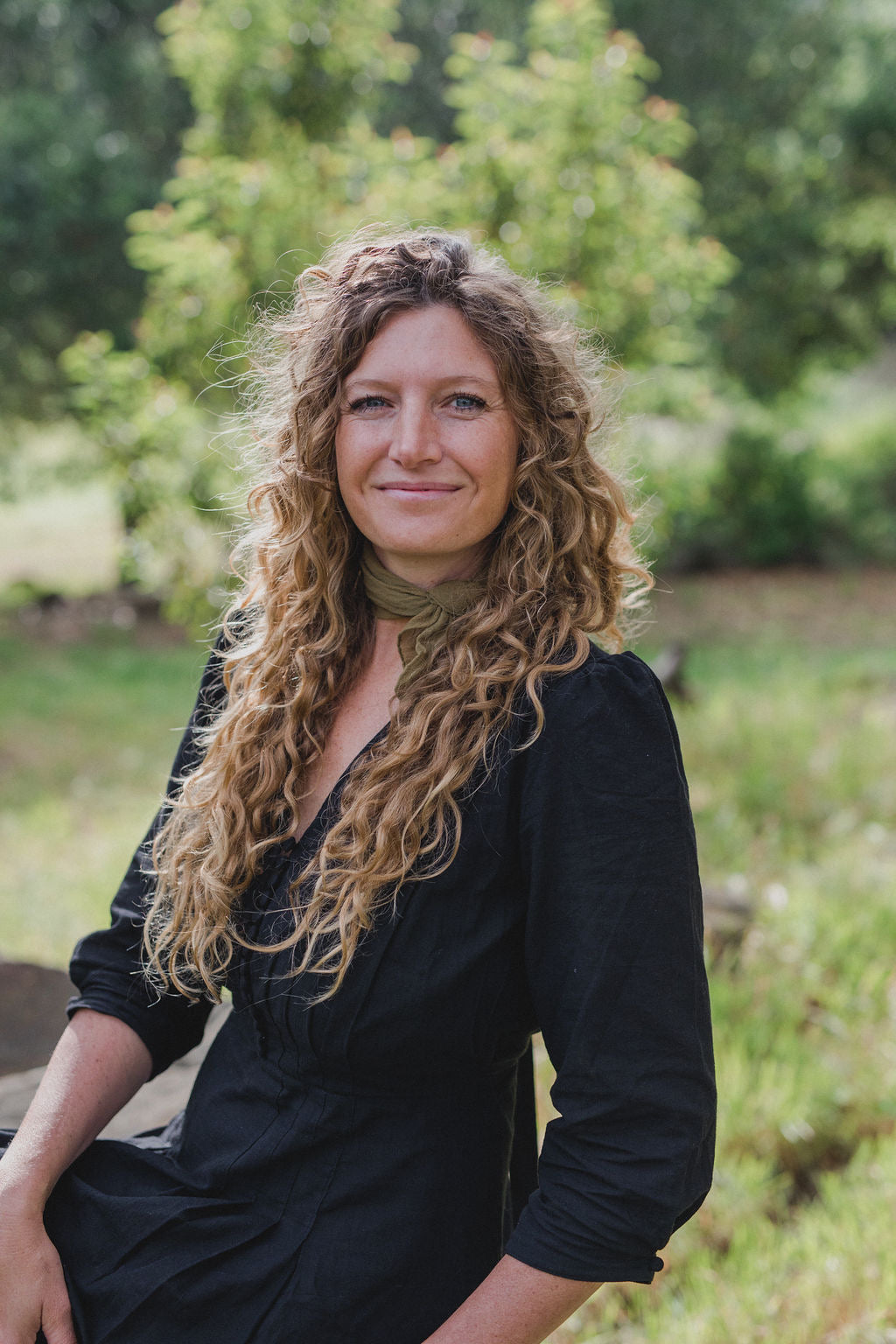
One of my favorite places in nature is standing on the edge of the bluffs at Ellwood Beach in Goleta, California overlooking the sand and the sea. In every direction you turn, there’s beauty. There’s the beach that goes for miles each way, the ocean as far out as the eye can see and behind you a meadow of grass, wild mustard seed, eucalyptus trees and cacti. It’s the most humbling feeling that washes over you when you stand there feeling so small and yet connected to it all.
Once the predominant location of giving birth changed from the home setting with midwives to a hospital setting with doctors, birth became a ‘scary medical event’. There was a steep learning curve for doctors to safely care for pregnant and birthing women. One of the big learning lessons in the beginning was hygiene. Doctors would go from room to room in the hospital without washing their hands or instruments properly and as a result introduced infection and sepsis to women and their newborns. Then there was the use of twilight sleep, of women strapped to their beds, writhing in pain and unconscious only to wake hours later with a baby in their arms and no recollection. This led to a lot of trauma physically and emotionally.
Shortly thereafter, there was the recommendation of smoking tobacco cigarettes in pregnancy to prevent excessive weight gain and as a result there were many small, sick babies born. Pregnancy became viewed as a pathologic condition (vs a normal physiologic state) — a ticking time bomb that if not controlled properly could go off at any point. As a result, trust in the body, baby’s role and birthing process went out the window and a lot of fear settled in. My number one recommendation for easing one’s fears and anxieties around the what if’s of labor and birth are to familiarize oneself to it as much as possible. Labor is like going to a foreign country. The sounds, smells, and appearances are different from what we encounter on an everyday basis. But if you can learn to ‘speak the language’ beforehand, you can get around some and not feel so overwhelmed or uncomfortable when you’re in ‘Labor Land’. I created my podcast, Milk Trails, for this very reason. I found that when women shared their birthing experiences, listeners felt empowered having gained insight and tips about navigating this mysterious place.
And after hearing three or four birth stories, one can start to recognize general themes, trends, and/or patterns to labor and birth. Giving birth is a collective experience and thus a collective wisdom that should be shared and passed on. It’s imperative to build your arsenal of supportive stories to draw on if and when you hit that hard spot in labor and need a helpful reminder or some reassurance.
With all that said, I do feel like midwifery care, home births, birthing center births, and the like are having this big resurgence. It seems like a lot more awareness currently surrounds birth and postpartum unlike decades previous. What are your thoughts on that and where do you think we may be headed on these topics in the future?After the documentary, “The Business of Being Born” came out in 2008, it put out-of-hospital birth and midwifery care on the map again. It’s still one of the main reasons and motivators for people choosing a home birth today. Additionally, I think with so much media around the devastating maternal mortality rates in this country, women are demanding better care and if they can’t find it in a hospital setting than they are looking elsewhere. However, for some high risk pregnant folks, this may not be a viable option. So, I believe there is a demand and a need to bridge this gap in maternity care. Collaborative care and access to midwives (in addition to OBs) is not only incredibly valuable but would be truly lifesaving. The World Health Organization stated that midwives are the number one way to improve maternal mortality but only 15% of Americans have access to them. We need more midwives and more access to them ASAP!
The midwifery model of care is a fundamentally different approach to pregnancy and childbirth than contemporary obstetrics. Midwives are trained and skilled in managing and caring for low-risk pregnancies, births and/or the postpartum phase up to one year. It may come as a surprise that most women and pregnant people are medically low-risk. And no, being over 35 does not automatically make you high risk. ;) In most developed countries in the world, expectant families are cared for by midwives (in any setting) and if their pregnancy or labor turns high risk then their care is transferred to a doctor. However, here in the US, OB-GYNs are the customary primary care provider during pregnancy and childbirth. Unfortunately, with this high rate of doctors managing most pregnancies and births, we also have a very high rate of cesarean sections and rising rates of maternal deaths. Midwifery care serves to complement the medicalized model by providing more holistic guidance, education, and informed decision-making for each family. This kind of preparation and support can lead to more physiologic births without much need for intervention as well as more positive experiences. In fact, there was a study out of the University of British Columbia that found that access to midwifery care led to lower rates of preterm labor, cesareans and newborn deaths.
"This is an incredibly special and transformative time of healing, growing, and easing your way into the world as a new mother."
I also really like seeing that you make note of recovery check-ins and lactation education in the “fourth trimester” or postpartum season. What does this look like and why is this kind of care imperative to the postpartum recovery journey?
After having a baby and being discharged from the hospital, it’s customary to not have a postpartum follow up appointment for 4-6 weeks. There is a massive amount of change in the body during this time as it heals from the birth, recovers from pregnancy and transforms into a feeding machine so to speak. There’s a lot that can go awry without the proper support or education. Weekly check-ins regarding bleeding, soreness, sleep, food intake, and emotional health are imperative for a seamless recovery. This is also a time to assess baby’s wellness and transition to extrauterine life.
We discuss baby’s feeding patterns, diaper count, sleep, awake behavior, skin changes, and other normal development cues or areas of concern. Frequent visits can also help one get the specialized care they need (vs leaving it up to new parents to investigate on their own or go down the Google rabbit hole of ‘is this normal?’). This may include recommending a postpartum doula to prepare a meal, bind mom’s belly, hold baby while she naps or showers, fold laundry; a lactation consultant for troubleshooting feeding questions or concerns; a pelvic floor physical therapist to regain strength and tone for long-term pelvic, core and back health; or a pediatric chiropractor to help with newborn constipation. This is an incredibly special and transformative time of healing, growing and easing your way into the world as a new mother.
As a mother yourself, what was your experience like in early postpartum? How did you set yourself up for this time? What was the transformation like between birth and postpartum? I often think this last bit gets overlooked but is quite a portal!The first time I didn’t plan for a ton of support other than a friend who had just completed her doula training to come over a few times a week. Fortunately, my recovery and breastfeeding journey overall was quite smooth and I was in sleepy baby bliss for the first 6 weeks. To be fair, this immediate postpartum phase was what I intimately knew from my work as a midwife so I felt fairly confident. However, my big shift into motherhood ie ‘the ego death’ and being out of my comfort zone and having to build myself back up came around 4 months postpartum. It was centered around my daughter’s sleep, the decision to sleep train and all the anxiety, confusion, doubt, learning and grace that came with it.
The second time giving birth, I planned for a lot of support mostly so my daughter would be well cared for while I recovered. My mother-in-law came every weekend for the first 6 weeks to cook and play with Rio. We had an incredible meal train that lasted us 8 weeks. I received multiple abhyangha massage and belly bind sessions which were incredible for my nervous system and body. I had seen from previous second time birthing clients that their recoveries were faster (perhaps nature’s design) and it was true for me as well. I remember feeling amazing at just 3 days postpartum and even hosting my daughter’s 3rd (small) birthday at 10 days post birth feeling like I was 10 weeks postpartum. I think this was in large part due to so much more support that I was willing to receive this time around.

Going to The Farm was amazing! Having read ‘Spiritual Midwifery’ and ‘Ina May’s Guide to Childbirth’, it was like seeing these stories come to life — the land, Pam England and obviously Ina May and her late husband Stephen, one of the buses they traveled on from San Francisco to Summertown in the 70’s, and even interacting with some of the people whose birth stories were featured in the books (who were now adults with kids of their own)! I was surprised to find that the clinical skills the midwives taught at the time were a little out of date and more conservative than what I was used to working at a birth center in California. But in a way, it was a pleasant surprise. The midwives don’t just have good outcomes because their clients drank some kind of special commune Koolade, they are just very safe. :)
My podcast, Milk Trails, was inspired by these birthing stories at The Farm. It was also born out of a necessity for a modern narrative of birthing outside of the hospital. I really wanted to not only use these birth story interviews as a way to dispel the myths and fears around this option of care but to also illustrate that not just hippies have home births. I think the more we know about something the more comfortable we become with it. So hearing story after story about giving birth with very little intervention can be really positive and inspiring to the expectant listener.
Thank you so much for sharing all of your insight with us. I’d like to end with a visionary question. On your perfect vision board of the world, what does modern motherhood, birth and early postpartum look like?Oh, what a great question! Firstly, midwifery care would be available to everyone in all settings. It would be customary to also receive complementary care to support the health of the pregnancy ie acupuncture, chiropractor, massage, mental health, etc. and it would be covered by insurance. Birth setting options would be available to all based on their health status (not their out-of-pocket financial status) and midwives and OBs would have a collaborative low risk/high risk working relationship.
Early postpartum would be a culture of normalizing the ‘lying-in’ period receiving covered care of aforementioned services for the recovering mother and new family along with paid family leave for 6-12 months. Lastly, motherhood would be revered and respected as one of the most important jobs in this world.
